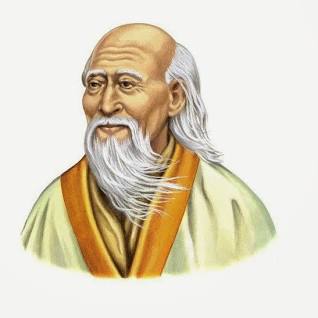
MacDonald was writing at a time and place when the Christian theology of a loving God, who created human kind in God’s imagine, was accepted and believed throughout the culture. I love his nineteenth century response, which I believe is an affirmation of the power of love; but must work through twenty-first century intellectualism and skepticism to turn his question into a statement of faith: my love is powerful enough to help another.

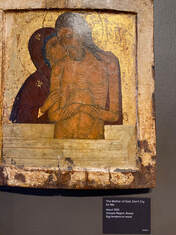
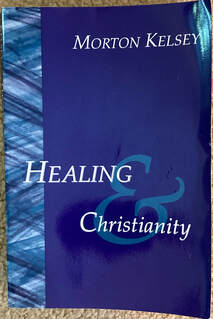

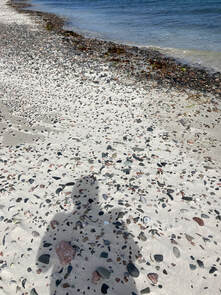
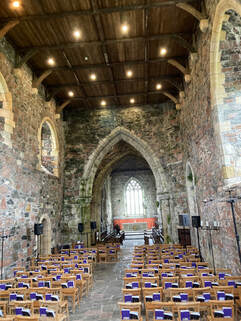
 RSS Feed
RSS Feed